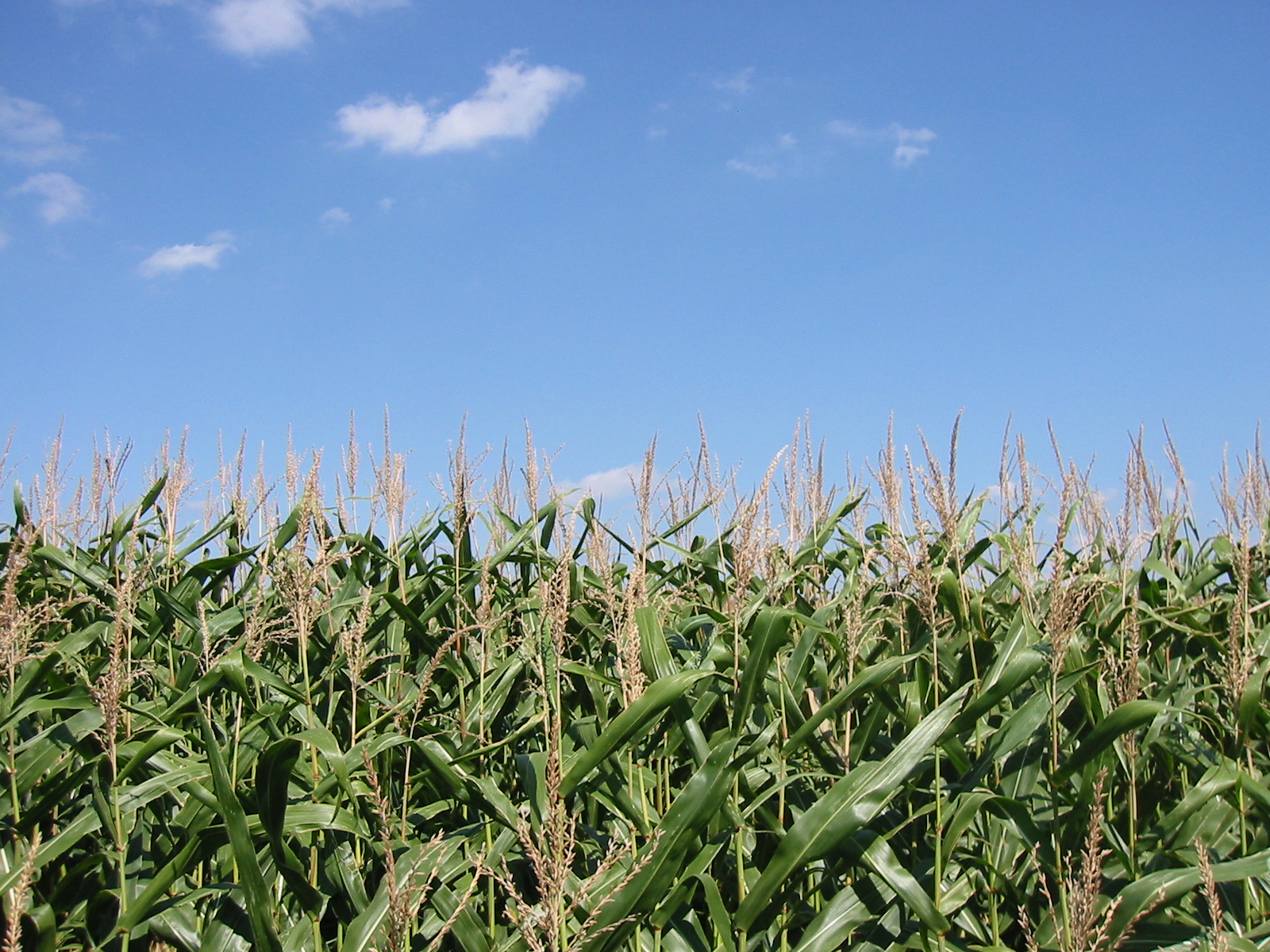By Melina Nguyen
The
climate-focused global journalism initiative hosted the briefing, which was moderated by executive director Mark Hertsgaard. The panel discussed soil health, desalination and water supply, with a focus on the relationship between climate change and food production.
“Just as climate change is affecting food production, the way that we produce food affects climate change,” said Hertsgaard. “The agricultural sector is responsible for roughly one-third of global greenhouse gas emissions.”
Major contributors to world hunger and food insecurity also include the COVID-19 pandemic and the war in Ukraine. The number of people suffering from severe food insecurity worldwide has doubled from 135 million before those events to 276 million now,
according to the United Nations’ Secretary-General, António Guterres.
Water scarcity has also worsened due to climate change. Peter Gleick, co-founder of the Pacific Institute, noted that
700 to 800 million people globally do not have access to safe drinking water.
“Water scarcity, in one form or another, is increasing around the world as a result of actual water availability, the role of climate change in distributing water, population growth and growing demand for water,” said Gleick, also a climatologist.
The panelists raised possible solutions for water scarcity, food production and climate education.
Gleick expressed the importance of increasing water-use efficiency and reusing the water we already have. He also proposed finding alternative sources of water — seen in projects in the Great Plains, the Ogallala Aquifer in the Central Valley of California, and across Asia — to avoid over-pumping of groundwater and over-draining of rivers.
Desalination, the process of removing salt and other minerals from water for “high-value uses” could be a possibility according to Gleick. But the process is costly, both in terms of money and energy. High-quality water from desalination could be used for pharmaceutical, semiconductor and hard disk drive manufacturing.
While food production and agriculture can worsen climate change, climate change in turn can worsen food production. This fact has led some farmers to take the lead in sustainable agricultural practices. Among them is panelist Gabe Brown.
Based in North Dakota, Brown owns a 5000-acre ranch that practices
regenerative agriculture: farming techniques that restore organic matter and encourage biodiversity in the soil. Brown’s methods capture more carbon, improve water infiltration in the soil and allow for greater crop yields.
“Although agriculture has been part of the problem, and has led to some of the climate change conditions we’re seeing, it can be a greater part of the solution,” said Brown.
The implementation of no-till farming, the use of cover crops, and animal integration on Brown’s farm enabled it to produce 8.6 bushels of corn per inch of land — five times the conventional 1.6 bushels per inch. Brown said these factors “lowered the cost of production while mitigating climate change.”
The panelists concluded the briefing with tips for journalists covering the climate beat.
Brown focuses on “common ground for common good” by tailoring his language to his audience. “If I’m out talking to consumers, I talk to them from a human health standpoint. If I’m out talking to farmers, I talk to them about farm profitability,” said Brown. “Even though we might have differences in our focus, we can come together for the common good.”
Water is a topic that concerns many Americans.
Statistics can drive home that point to editors, said Gleick.
“The Gallup poll has done a poll about public opinions for 20 years in the United States, and water is always at the top of people’s concerns,” said Gleick. “People really care about water … you talk about localizing and personalizing, those are key issues.”
Solutions-based stories may prove more engaging for readers than “disaster” stories. Raj Patel, a member of the International Panel of Experts on Sustainable Food Systems, suggested that journalists can use pleasurable stories as “rocket fuel.”
“Actually, talking about food and food systems can be delicious,” said Patel. “Thinking about what’s going to taste good and what the future’s gonna taste like might be a pitch that’s hopefully perennial.”
For more information, see the companion “Tip of the Iceberg” podcast episode here.

